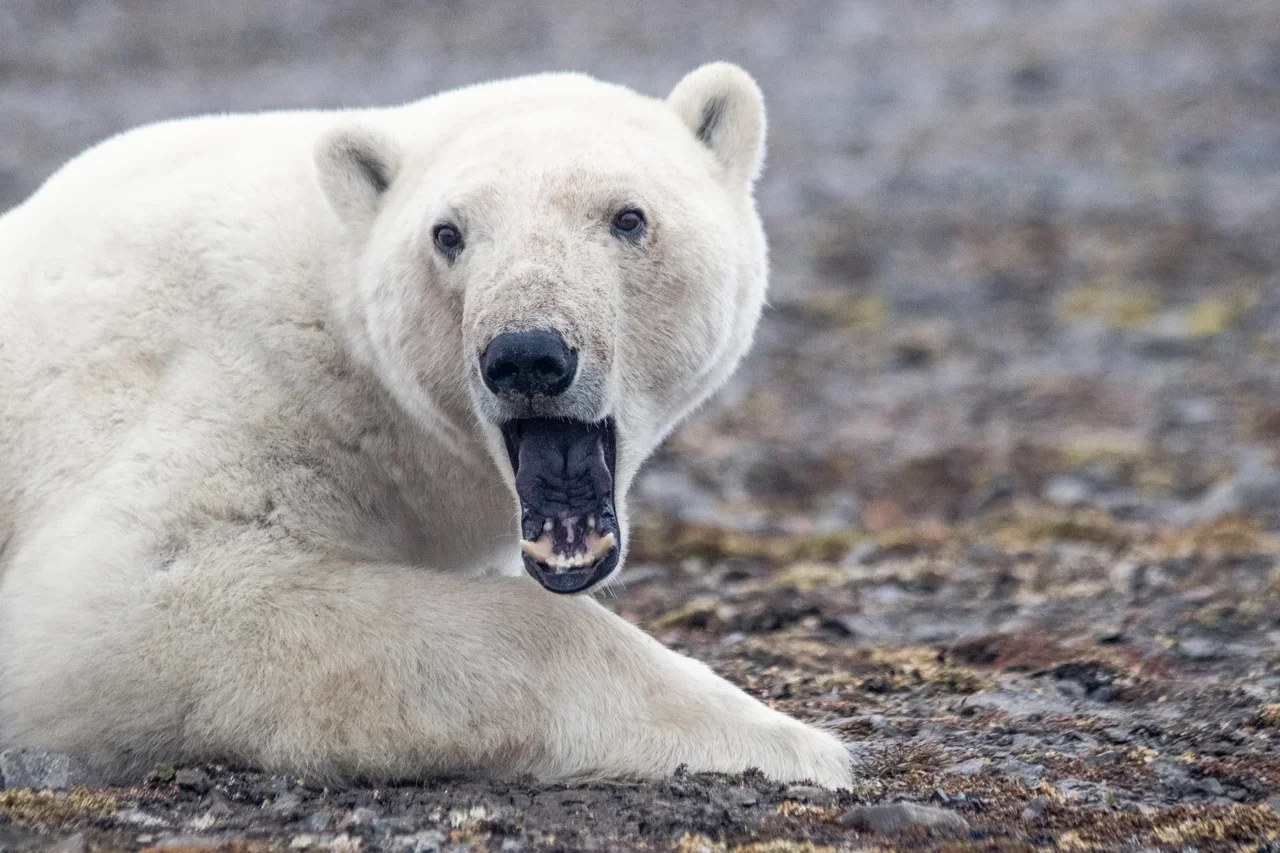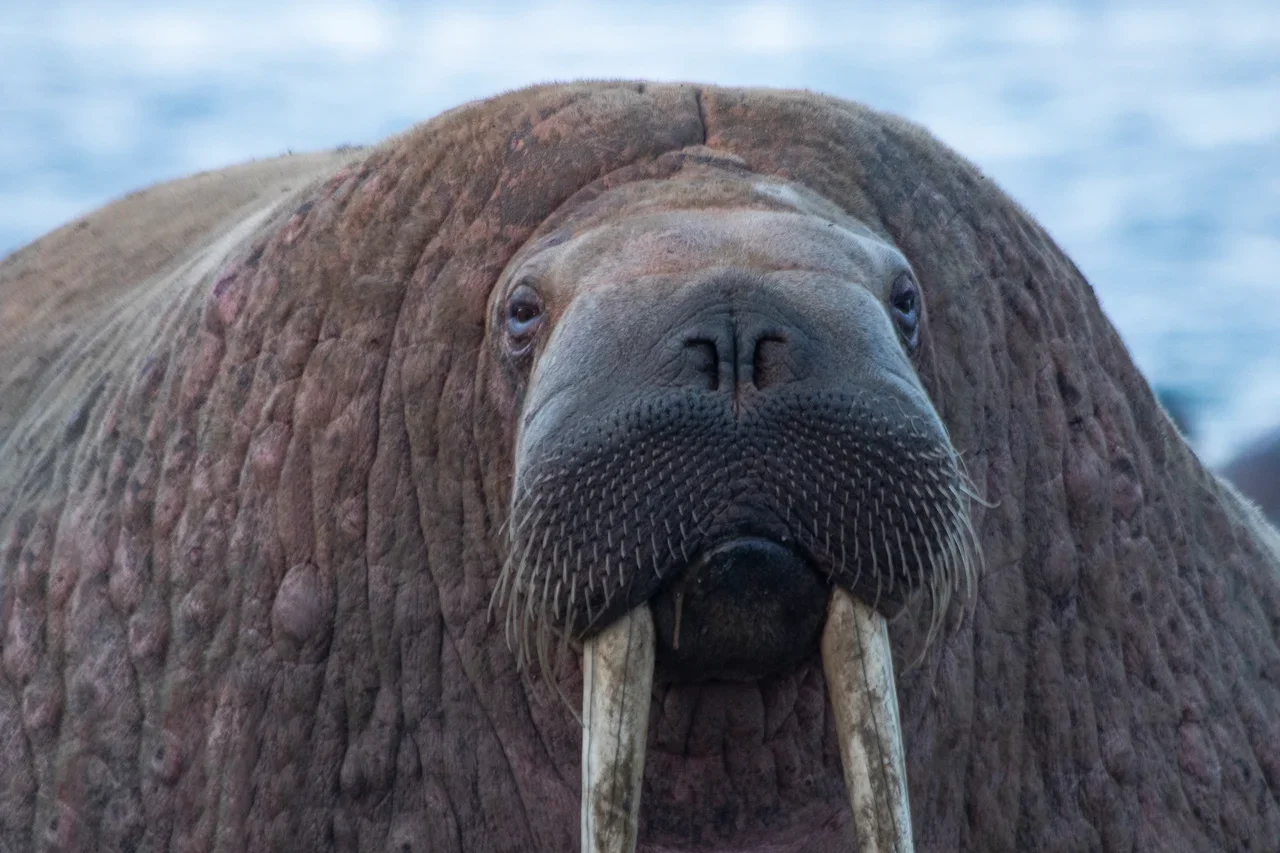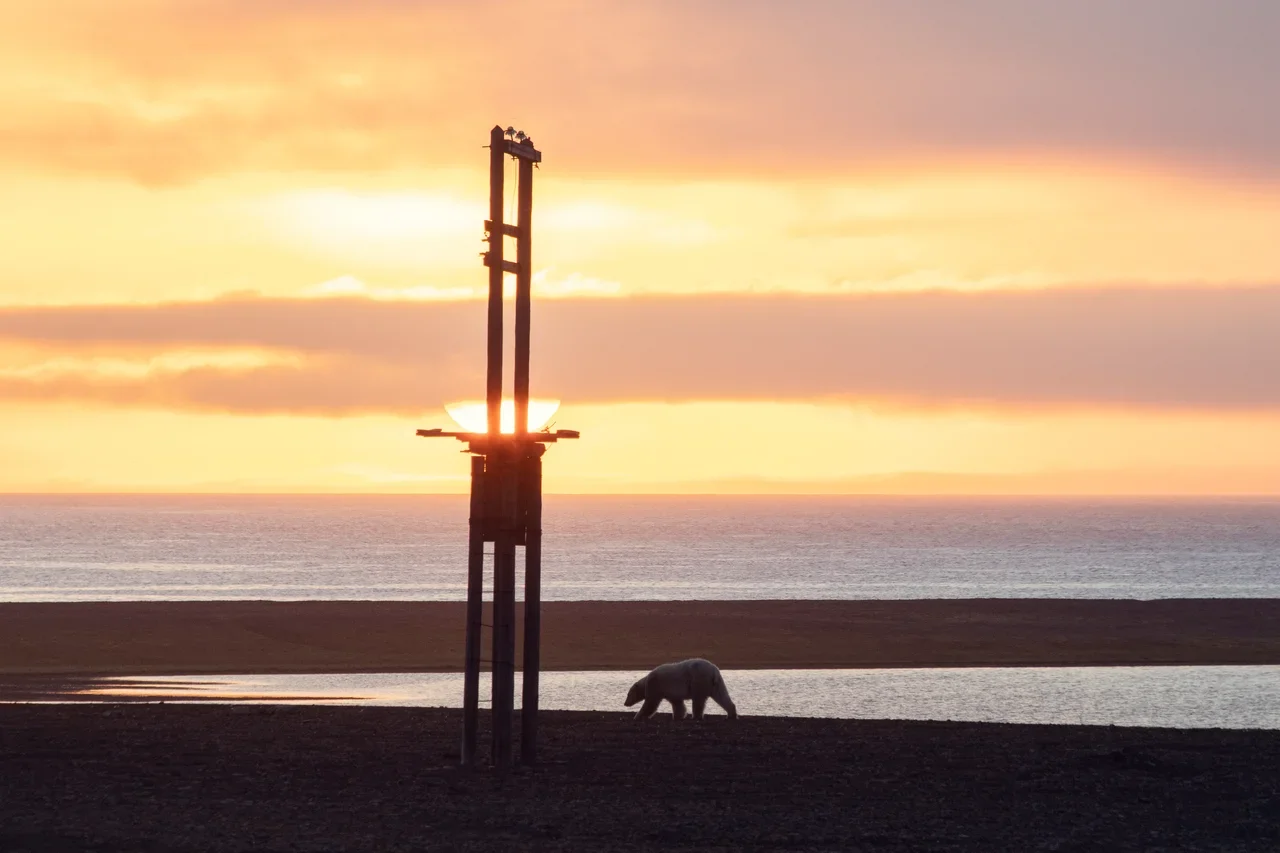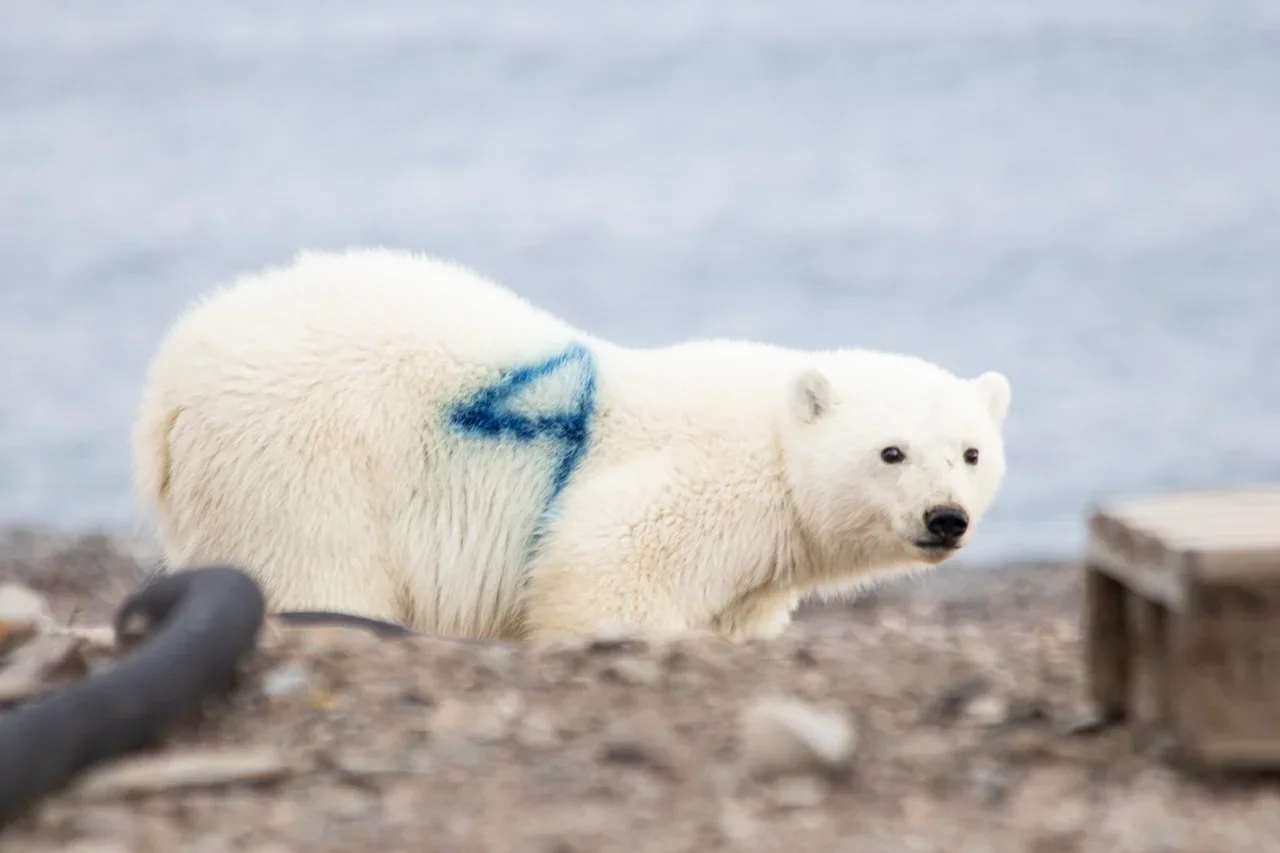
The first stage of filming of the unique documentary "Edge Of The World" in the Russian Arctic National Park has been finished. The film depicts the work of Russian scientists in the Arctic and the long-term study of the Red Book polar bear in the protected archipelagos of Franz Josef Land and Novaya Zemlya. The documentary is being filmed on a grant from the Russian Geographical Society.
The first phase of filming took place at the field station of Cape Zhelaniya Park of Novaya Zemlya. The documentary cinematographer and editing director Maxim Pervakov filmed for two months the work on monitoring the polar bear population of the scientific group of the A.N. Severtsov Institute of Ecology and Evolution of the Russian Academy of Sciences.

The head of the Russian Arctic stressed that in 2020, due to the COVID-19 pandemic, logistics in the protected areas were complicated by the lack of tourist flights on Novaya Zemlya and Franz Josef Land.
“It was only possible to carry out the expedition to the Park in the planned volume, in addition to taking pictures, thanks to the financial support of the Ministry of Natural Resources of Russia,” Kirilov emphasized.
The central characters of the film "Edge Of The World", a group of biologists led by a senior researcher at the A.N. Severtsov Institute of Ecology and Evolution RAS, Ph.D. Ilya Mordvintsev working on Novaya Zemlya for the third time in 2020. Scientists have studied six bears. The footage of the installation of a bait on a bear and direct monitoring (weighing, taking samples of blood, fur, etc.) will be included in a future documentary.

“As soon as I was at Cape Zhelaniya, the bears began to come to the base every day,” recalls the documentary cameraman Maxim Pervakov. “Some tried to climb up the dwelling through the fences, others attacked the equipment, and there were some animals that seemed to be “posing” for the camera. I got involved in the work of the research group and was able to benefit from the research: we used the unmanned aerial vehicle to bring the bear to the bait several times."
It deserves mention that in addition to filming the story about bears, the operator filmed the picturesque nature of the northernmost point of the Novaya Zemlya archipelago, participated in foot and sea raids of inspectors and visited one of the largest Atlantic walrus rookeries in the western part of the Russian Arctic. Additionally, Maxim Pervakov recorded interviews with scientists and state inspectors of the "Russian Arctic".

“I fell in love with the Arctic. I am very grateful to the team of inspectors of the Russian Arctic, they are real polar warriors who were always ready to help me in filming. Now I'm looking forward to the start of filming of the second stage of the project, on the Alexandra Land island of the Franz Josef Land archipelago, in the spring of next year, ” said the cameraman Maxim Pervakov.
Indeed, spring in the Arctic is considered the most favorable period for observing polar bears. It is at this time that the females take out the grown cubs from the snow dens.
“Now we need to watch and decipher the simply gigantic amount of material that Maxim Pervakov filmed in two months,” said the film's director Marina Menshikova. Earlier I said that I want to combine our project with a 1969 film about the work of the zoologist Savva Uspensky in the Arctic. In the Soviet film, the scientist examines the cubs, so the shots that need to be taken in the spring when the bears leave their dens are extremely important for our team.

Additional information:
https://www.rgo.ru/ru/article/na-novoy-zemle-zavershyon-pervyy-etap-syomok-filma-medvezhiy-ugol
